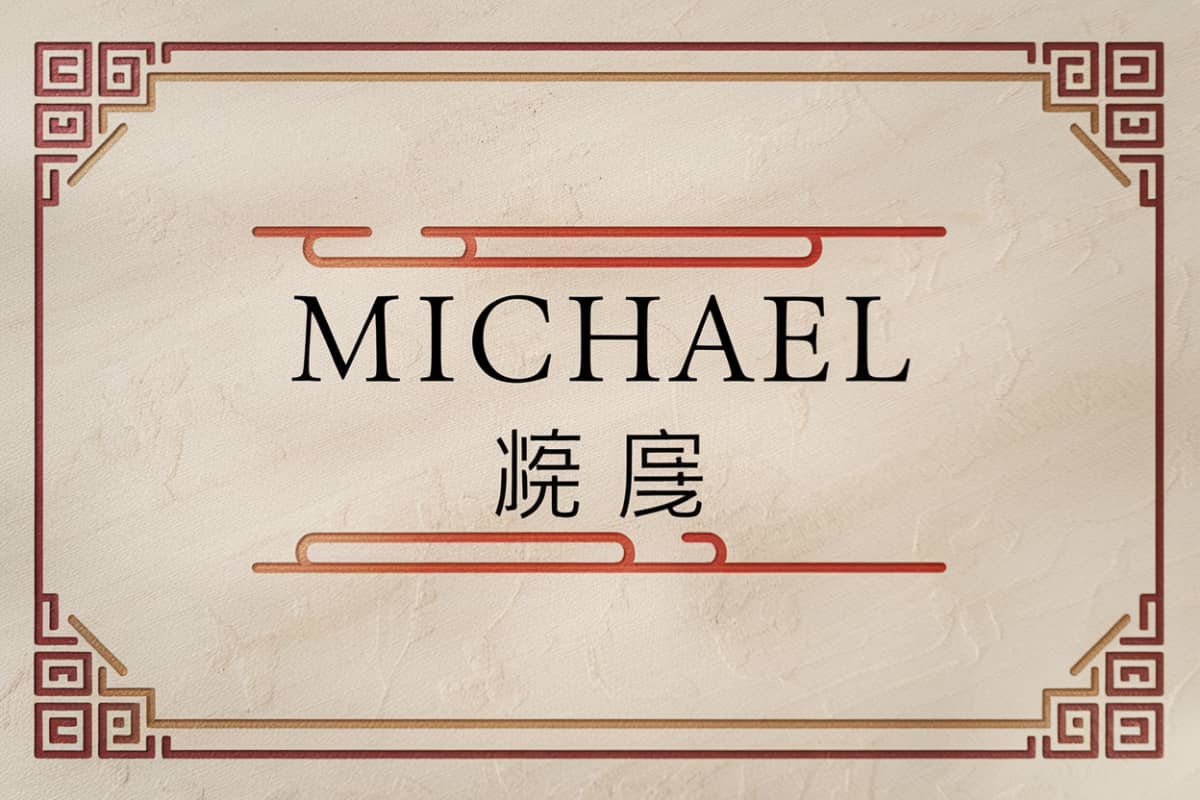Chinese Name Converter to Translate from English to Mandarin Chinese
This Chinese Name Converter translates any name from English to Mandarin Chinese. Our generator tool includes first, middle, and surnames.
Chinese version:
王小明 (Wáng Xiǎomíng)
wahng shyaow-ming
小明 (Xiǎomíng), 明明 (Míngming)
How it works
Our Mandarin Chinese Name Converter uses a large language model to translate names between English and Chinese, accounting for character selection, tonal pronunciation, and cultural appropriateness.
The tool provides both Chinese characters and pinyin romanization with tone marks, helping users understand the written and spoken forms of their translated names.
Chinese Naming Conventions
Traditional Chinese names follow a specific structure:
- Family name (姓 xìng) – typically one character, occasionally two
- Given name (名 míng) – typically one or two characters
- Generation name (字輩 zìbèi) – optional, traditionally used in large families
Chinese names are written in characters (汉字 hànzì), with each character carefully chosen for its meaning, sound, and number of strokes. The combination of characters should create a harmonious meaning while following cultural naming taboos.
Cultural context and history
Chinese naming practices date back over 3,000 years, with family names originally indicating clan membership, noble titles, or geographical origins. The single-character surname tradition emerged during the Shang Dynasty (1600-1046 BCE), while two-character surnames developed later. The practice of generation names, where siblings and cousins share a common character, became widespread during the Song Dynasty (960-1279 CE).
Modern significance
Today, Chinese naming practices maintain strong traditional elements while adapting to contemporary life. Parents often consult dictionaries, naming experts, or fortune tellers to select auspicious characters. Understanding Chinese name conventions is crucial for international business, legal documentation, and cultural integration, particularly given the importance of proper character selection and pronunciation.

Nicknames & diminutives guide
Chinese nicknames often follow specific patterns:
- Adding 小 (xiǎo, “little”) before the given name
- Repeating a character (弟弟 dìdi for “younger brother”)
- Using 老 (lǎo, “old”) as a respectful prefix
- Creating abbreviated forms using one character from the given name
- Using numbers based on birth order (二哥 èrgē, “second brother”)
- Using affectionate terms like 寶寶 (bǎobao, “baby”)